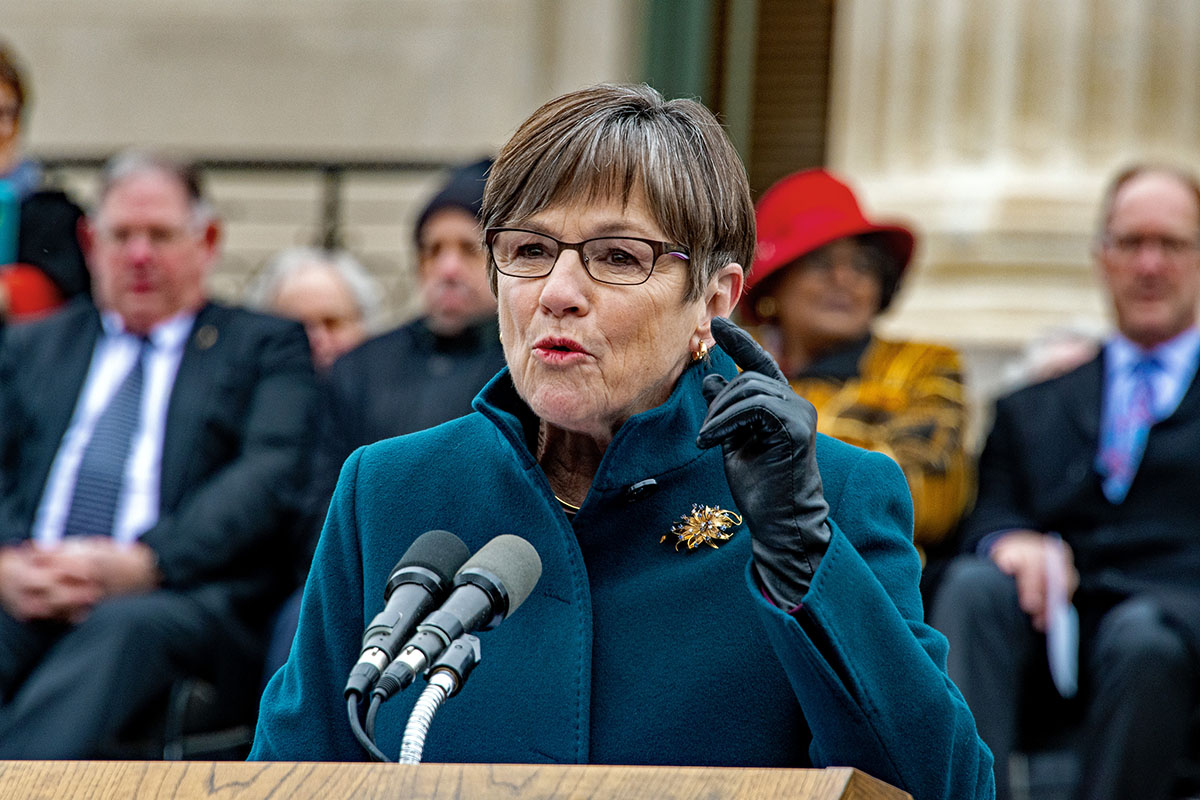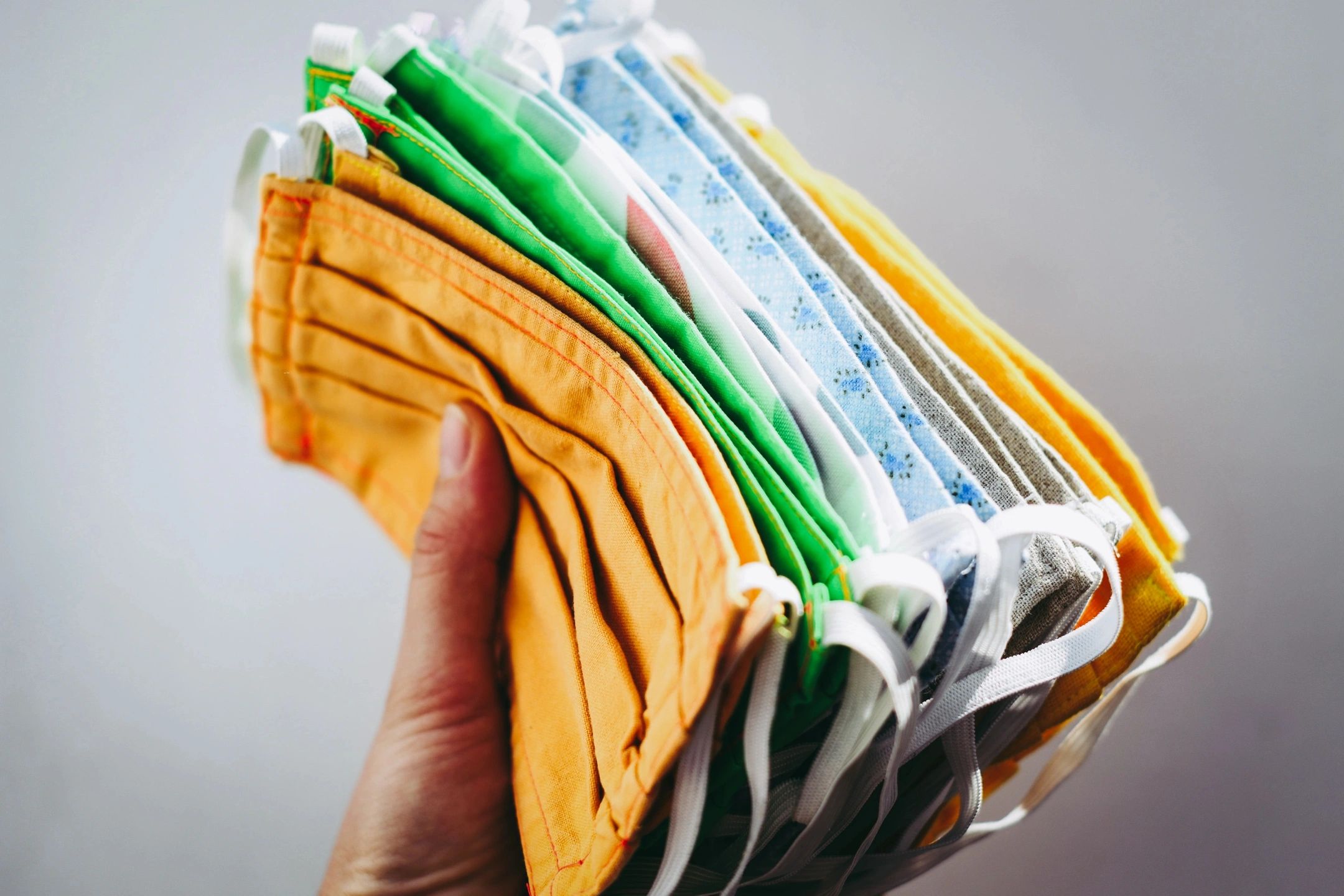Despite compelling evidence that the spread of COVID-19 in schools is unlikely, and that closing school — and keeping them closed — is actively harmful to students, Kansas Governor Laura Kelly on July 20, issued an executive order (EO 20-58) that — if ratified by the Kansas State Board of Education later this week — would force schools to remain closed until September 9, 2020.
Kelly, a Democrat, claimed in a release that the “extra three weeks,” would give schools time to “work with their counties to get the necessary mitigation supplies like masks, thermometers, and hand sanitizer while providing local districts time to thoroughly review the curriculum options from the State Board of Education to decide which strategy is best for their district.
The executive order, however, gives no options for districts to stick to their traditional schedules based on conditions “on the ground” in their communities.
Kelly said in the release she was heeding the advice of “public health officials.”
“Putting nearly half a million kids and faculty in daily, large gatherings is the exact opposite of what health experts have urged us to do,” she said.
Kansas State Rep. Kristey Williams, (R-Augusta), who chairs the House K-12 Budget Committee, said delaying the start of school makes no sense.
“Kansas schools provide an essential service to our children who need to be in school,” she said in an emailed statement. “The scientific data, as well as Kansas data, points to the immense need for kids going back to school.
“With over 700,000 children in Kansas, we are driving policy to close or delay schools for a current hospitalization rate of .0025%. It makes no sense. Let’s open schools carefully, with proper safeguards, and give our kids the opportunity to learn, socialize, and grow with the protections and benefits schools offer — especially our most at-risk kids. Delaying a few weeks adds no additional protections, but instead brings us closer to flu and cold season.”
Indeed the science — and experience from schools which are actually open and holding classes — suggests she’s correct.
As the Sentinel reported last week, a Reuters story, run by US News & World Report, notes a German study of students actually attending classes found that schools may not be much of a factor in the spread.
Germany began reopening schools in May, and the study by the University Hospital in Dresden analyzed blood samples from almost 1,500 children from 14 and 18 and 500 teachers from 13 schools in Dresden and the districts of Bautzen and Goerlitz in May and June.
Not only that, but children are at remarkably low risk from this disease, as the Sentinel also reported.
A new study from The Foundation for Research on Equal Opportunity (FREOPP) says America’s schools and colleges can safely reopen during COVID-19. The authors say, “With the pandemic expected to endure until 2021, and perhaps longer, permanent school and childcare center closures are unsustainable. Policymakers must prepare to make difficult decisions about how to reopen American schools while managing serious public health risks.”
The good news, they say, is “children are at very low risk of serious illness or death from COVID-19. Indeed, children aged 5–14 are seven times more likely to die of influenza than of COVID-19. Children aged 1–4 are 20 times more likely to die of influenza.”
Not only are children more at risk from seasonal influenza than COVID-19, but studies suggest shutdowns are putting children at greater risk of mental illness and child abuse — a situation which Kelly’s EO extends.
A separate order — EO 20-59 — will require masks for all students and staff except for specific situations, hand sanitizer in every classroom to be used at least once an hour, six-foot social distance rules (how this is to be enforced at recess is unclear), and temperature checks for anyone entering school buildings.
It is unclear if Attorney General Derek Schmidt was consulted on these executive orders, but the Sentinel has reached out to Kelly’s office to inquire.
Misleading claims in Kelly’s orders
Kansas Policy Institute CEO Dave Trabert says some of the conditions Kelly cites to justify her orders are misleading and arguably false.
“She opens with a joke, claiming that the economic well-being of Kansans is her first priority. This governor put over 100,000 private employees out of work while protecting state workers. She vetoed income tax and property tax relief so state and local government can spend more. Instead of cutting spending to close a budget deficit, she’s delaying debt payments and creating a $1.5 billion deficit for the next fiscal year, and she’ll use that as an excuse for her next tax increase.”
Trabert says Kelly also ignores scientific reports in claiming that delaying the opening of schools is necessary for the “protection of (the) civilian population.”
According to the Reuters report, “Of the almost 2,000 samples, only 12 had antibodies, said Reinhard Berner from the University Hospital of Dresden, adding the first results gave no evidence that school children play a role in spreading the virus particularly quickly.”
Reinhard told Reuters children may even act as a sort-of firewall against the spread.
“Children may even act as a brake on infection,” Reuters reports Berner told a news conference.
National Public Radio (NPR) also reports that in an “unscientific survey of child care centers, Brown University economist Emily Oster found that, as of Tuesday afternoon, among 916 centers serving more than 20,000 children, just over 1% of staff and 0.16% of children were confirmed infected with the coronavirus.”
“Kelly’s executive order cites a case increase in Kansas,” says Trabert, “but she doesn’t want Kansans to know that at the same time, the number of new weekly deaths are declining, and so is the rate of hospitalization. She’s just determined to scare people and deprive them of their liberty and earning potential.”




